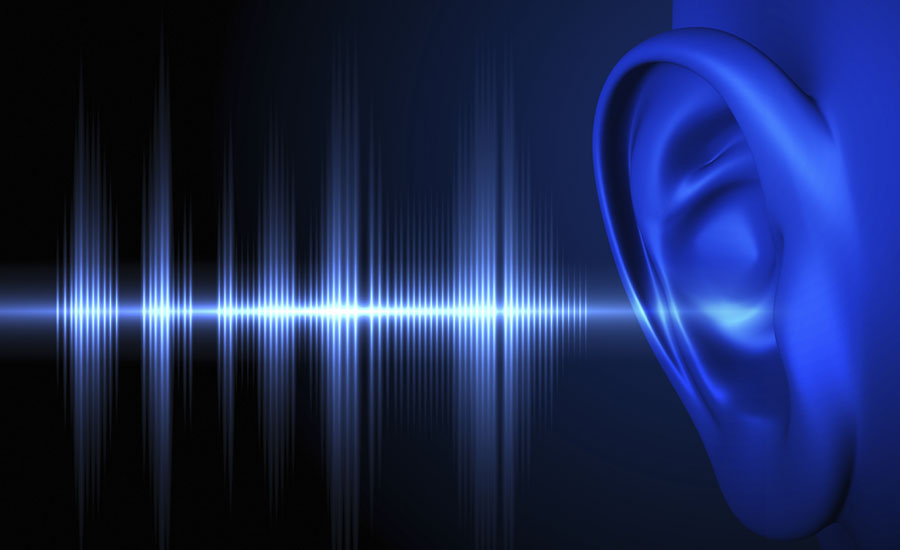CDC: Nearly ¼ of Americans have hearing damage
Non-workplace exposure taking a toll, too

Research conducted by the Centers for Disease Control and Prevention (CDC) on noise-induced hearing loss in non-workplace settings has produced some alarming statistics. Testing on nearly 4,000 adults in the U.S. in 2014 found that:
- Approximately 15% of American adults, aged 18 and older, reported some degree of trouble with hearing—about as much as the prevalence reported for both diabetes and cancer combined (Vital Health Stat 10. 2014;260:1 http://bit.ly/2lZlMX0).
- Nearly 24% of adults have measurable hearing damage in one or both ears.
- Nearly 50% of adults with this damage were not exposed to noise at work (MMWR. 2017; 66[5]:139 http://bit.ly/2lZxpNr).
- Almost 21 million American adults have hearing damage that occurred in non-workplace settings, during everyday activities at home and in the community.
- About one in five young adults (in their 20’s) already exhibited this type of hearing damage.
- About one in four adults with hearing damage is unaware of it; they reported that their hearing was excellent or good.
Many people may not recognize that loud noise from common activities, such as mowing the lawn or attending concerts and sporting events, can be as damaging as loud noises in the workplace, according to Dr. Yulia Carroll, senior medical officer, and Mr. John Eichwald, audiologist, at the CDC’s National Center for Environmental Health in Atlanta, GA.
They say that it’s important to raise public awareness that the louder the noise and the longer the exposure, the more likely hearing damage will occur.
Simple steps can help:
- Avoid noisy environments;
- Use earplugs while in noisy environments;
- Keep the volume down (on televisions, car stereos, personal listening devices, etc.).
The CDC encourages health care providers to regularly ask their patients about hearing and loud noise exposure, to explain how loud noise can permanently damage hearing, to teach patients how to protect their hearing, and to refer patients to hearing specialists as needed (Vital Signs, 2017 http://bit.ly/2lZtTD3).
There are no federal standards or regulations on safe non-occupational noise exposures. Because noise-induced hearing damage gets worse over time, early education and noise prevention at younger ages may prevent hearing damage.
Click here to learn more about how loud noise can cause hearing loss, visit https://www.cdc.gov/nceh/hearing_loss/default.html
Looking for a reprint of this article?
From high-res PDFs to custom plaques, order your copy today!






